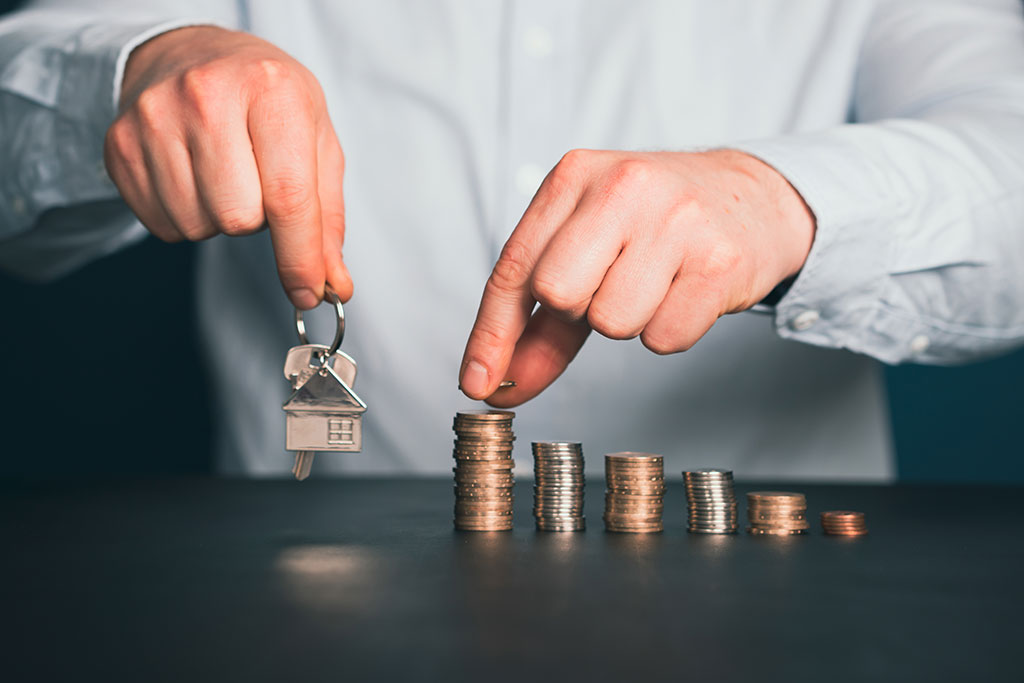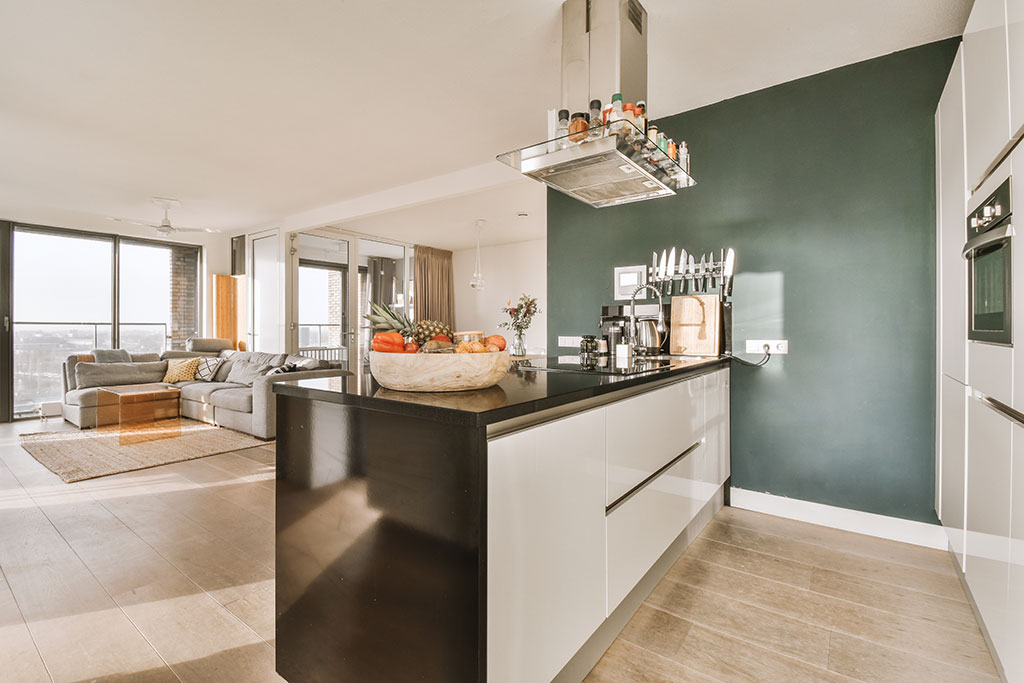Embarking on your journey as a first-time home seller? It’s a whole new experience compared to buying a home. Selling your property isn’t just about placing a ‘For Sale’ sign in the yard; it’s about employing smart strategies and making savvy decisions to maximize your profit.
If the thought of selling your first home feels like stepping into uncharted territory, don’t worry. We’ve got you covered with some insider tips that will help turn this process into an exciting and rewarding adventure.
Selling your home, especially for the first time, can feel like a mix of emotions – excitement, uncertainty, and a dash of nostalgia. But with the right approach, you can transform this experience into a success story.
Whether you’re upgrading to a bigger space or moving to a new city, the journey to selling your home can be as fulfilling as it was buying it.
So, let’s dive in and get your home ready to make a great impression!
1. Accurate Pricing: The Foundation of a Successful Sale
Setting the right price for your home is much more than a mere number. It’s a critical decision that sets the tone for your entire selling experience.
As a first-time home seller, understanding the importance of accurate pricing is essential. It’s the sweet spot that attracts serious buyers and ensures you get a fair return on your investment.
Finding this perfect price point isn’t about guessing or just matching the price of similar homes in your neighborhood. It involves a deeper analysis, something a seasoned real estate agent, especially from our experienced team, can provide expertly.
They bring to the table an understanding of the local market trends, and the ability to analyze comparable sales.
This process, often encapsulated in a Comparative Market Analysis (CMA), helps in setting a price that reflects your home’s true value in the current market.
The right price resonates with potential buyers. It’s an invitation to consider your home seriously.

Overpricing can deter buyers and prolong the time your property stays on the market, leading to a stale listing. Underpricing, on the other hand, might result in a quick sale but could also mean missing out on potential earnings. Therefore, striking a balance is key.
Your real estate agent plays a pivotal role in this balancing act. Their expertise isn’t just about numbers; it’s about crafting a pricing strategy that aligns with your goals and the market dynamics.
They understand that your home is more than just bricks and mortar; it’s a place filled with memories and value.
As you embark on this selling journey, remember that accurate pricing isn’t just the first step; it’s the foundation upon which a successful sale is built.
With our guidance, you’re not just listing your home; you’re positioning it for success in the bustling real estate market.
2. The Art of Staging: Transforming Your Space
When selling your first home, never underestimate the power of staging. This art form goes beyond mere tidying up; it’s about strategically transforming your space to showcase its potential to buyers.
Staging is your secret weapon to make your home not just seen, but truly remembered.
Imagine walking into a home where each room invites you in, telling its own story. That’s the magic of staging. It’s about creating an atmosphere where potential buyers can envision their future lives unfolding in each corner of your home.

It starts with decluttering and depersonalizing, removing those unique imprints of your personal life. The goal is to present a clean, neutral canvas that buyers can paint their dreams on.
But staging isn’t just about removing things; it’s also about arranging what’s left in a way that maximizes space and highlights the functionality of your home. Rearrange furniture to create open, welcoming spaces.
Allow natural light to flood in, making rooms feel airy and bright. Small touches like fresh flowers or a bowl of fruit in the kitchen can add a homely, inviting feel.
Think about each room’s purpose and stage accordingly. A spare room filled with odds and ends? Transform it into a cozy guest room or a functional home office. You’re not just selling square footage; you’re selling a lifestyle.
And don’t forget about curb appeal – the outdoor staging. The first impression counts, and a well-manicured lawn or a neatly arranged porch can make all the difference. It sets the expectation for what’s inside.
Painting is another cost-effective tool in your staging arsenal. A fresh coat in a neutral palette can breathe new life into a space, making it feel updated and clean.
In essence, staging is about thoughtfully curating your space to speak to potential buyers. It’s a blend of psychology and design, a way to subtly communicate that this is the perfect home for them.
As you embark on this journey, remember that staging is more than just a selling tactic; it’s a way to bring out the best in your home and let its true character shine.
3. Flexibility in Showings: Opening Doors to Potential Buyers
When you’re selling your property, especially as a first-time home seller, being flexible with showings is a crucial factor that can significantly influence the sale process.
It’s about opening your doors, sometimes literally, at times that are most convenient for potential buyers. This flexibility can be the difference between a missed opportunity and a successful sale.
Welcoming prospective buyers into your home means more than just keeping it tidy and ready for visits. It involves a willingness to accommodate their schedules.

The reality is, the more accessible your home is for showings, the higher the chances of finding the right buyer. It’s a bit like fishing – the longer your line is in the water, the better your chances of catching a fish.
Yes, frequent showings can sometimes feel intrusive, especially when life continues amidst selling your home. But remember, each showing is an opportunity to connect your home with its future owner.
It’s about striking a balance between maintaining your routine and being open to potential buyers’ visits.
Consider making arrangements that allow for easy showings. If you have pets, find a solution to keep them out of the way during visits.
Ensure the home is always in a presentable state, so you’re not caught off guard by last-minute requests. Sometimes, vacating the home during showings can be beneficial.
It allows buyers to explore freely, envisioning themselves in the space without feeling like they’re intruding on your personal life.
It’s also important to work closely with your real estate agent in managing these showings. They can help coordinate visits and ensure they’re scheduled at times that are least disruptive to your daily routine, while still maximizing your home’s accessibility to potential buyers.
Being flexible with home showings doesn’t mean you have to be on call 24/7, but it does mean recognizing that the more open your home is to potential buyers, the quicker and more successfully it is likely to sell.
It’s a temporary adjustment that can lead to a permanent and rewarding change – handing over the keys to the new happy owners of your once beloved home.
4. The Impact of Professional Photography
In the realm of home selling, a picture isn’t just worth a thousand words—it’s potentially worth thousands of dollars.
Professional photography can have a profound impact on the selling process, particularly for first-time home sellers. This isn’t about merely documenting the space; it’s about capturing the essence of your home in a way that speaks to potential buyers.

Professional photographers have an eye for detail and composition that goes beyond the capabilities of a standard camera. They use lighting, angles, and staging to create visually appealing images that highlight your home’s best features.
These images can transform ordinary rooms into captivating spaces, drawing buyers in and creating an emotional connection even before they step through the door.
In today’s digital age, where most homebuyers begin their search online, your listing’s photos are the first, and sometimes only, impression potential buyers will have of your home. High-quality, professional photos make your listing stand out in a crowded marketplace.
They convey a sense of professionalism and care, suggesting that the home has been well-maintained and is worth considering.
Good photography can also accentuate the unique selling points of your home. Whether it’s a spacious kitchen, a stunning view from the balcony, or a cozy reading nook, a professional photographer knows how to showcase these elements in the most flattering light.
These images are not just pictures; they are part of a compelling narrative about what life could be like in your home.
Additionally, professional photos can make a significant difference in how quickly your home sells and at what price. Listings with high-quality photos tend to sell faster and often at a higher price compared to listings with lower-quality images.
It’s an investment that can pay off substantially in the long run.
In summary, when it comes to selling your home, professional photography isn’t just a luxury—it’s a necessity.
As a first-time home seller, investing in professional photography is one of the smartest moves you can make, setting the stage for a successful and profitable sale.
5. Work with a Local Real Estate Agent: The Key for First-Time Home Sellers
Embarking on the journey of selling your home for the first time can be a complex and daunting process. This is where the expertise of a local real estate agent becomes invaluable.
A local agent is more than just a facilitator; they are your guide, advisor, and advocate in navigating the intricate real estate market.
A local real estate agent brings a wealth of knowledge specific to your area. They understand the local market trends, buyer preferences, and what makes a property stand out in your community.
This insight is crucial for effectively pricing and marketing your home to attract the right buyers.
Their familiarity with your locale also extends to a vast network. This includes connections with potential buyers, other local agents, and various service providers, from home stagers to inspectors.
Utilizing this network can significantly increase the visibility of your property, ensuring it reaches a broad audience.
Moreover, a local agent can offer personalized advice on preparing your home for sale. They can provide tips on staging, minor renovations, or even simple fixes that could make a big difference in how your home is perceived.
Their goal is to make your property as appealing as possible to potential buyers.
Additionally, the agent’s expertise in negotiations and understanding of the legal aspects of selling a home can save you time and stress. They handle the complexities of contracts, negotiations, and closing processes, ensuring that everything runs smoothly.
Denice Landaeta
AuthorRelated Posts
What’s the difference between Real Estate Stats and Comps?
Today we will show you the main variances between real estate stats and real estate comps, and by the end of the entry, you’ll...
How much do realtors cost? It really worth?
Whether you want to sell or buy a house, the process involves a great amount of money, and the tiniest mistake could cost you...


